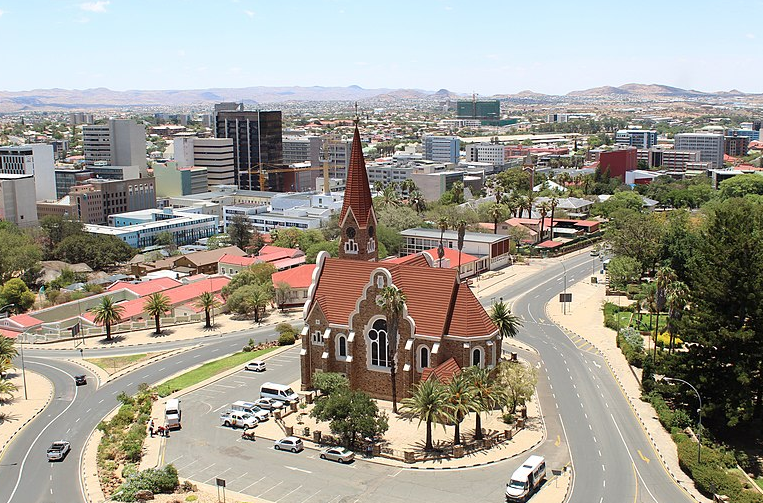
Where are Africa's debut eurobonds now?
Yesterday Namibia’s debut eurobond reached its maturity. The $500mn 10-year bond, issued in October 2011 with a coupon of 5.5%, traded well (above par) for much of its life. Namibia has now just one bond in the market: $750mn issued in 2015 that matures in 2025. It made me think, where are the other African debut eurobonds now?
Oh and lots more insights in my book ‘Where Credit is Due: How African Debt Can Be a benefit, Not a Burden'. It analyses the strategy of many African countries that have borrowed in the multi-trillion global debt market, financing their own development without being dependent on aid. Out globally, including now in the Americas via Oxford University Press.
There is a saying that “you’re not in the market when you issue, but when you repay”. The good news is most African countries have been building such a repayment track-record. Of the 22 African countries who have issued eurobonds (starting with South Africa’s debut in 1995) 12 have repaid their debut bonds. Some have tendered bonds, others have repaid them with the proceeds of new issuance, while others have repaid them with foreign exchange they’ve saved for the purpose.
Nigeria paid back its debut eurobond (issued in 2011) in January 2021, although it had already paid back a 5-year eurobond issued in 2013. Kenya paid back one part of its twin-tranche debt bond in 2019 (while the 10-year tranche of that debut matures in 2024).
Six debut bonds have not yet reached maturity, but have been serviced. Larger maturities remain for Angola ($1.5bn due in 2025) and Ivory Coast (now $631mn but amortising each year until 2032). And so do smaller amounts for Benin, Cameroon, Rwanda and Congo-Brazzaville, who have tendered most of their debut bonds. Or in Congo-Brazzaville’s case have been following the annual amortisation schedule.
There have a been several debt slips. Mozambique restructured its debut (loan-come-tuna-bond). As did Seychelles after its default in 2008. And Zambia stopped servicing its debut bond (maturing in 2022) in 2020 and is working on a wider restructuring via the G20's Common Framework (a debt workout scheme). Ethiopia’s debut bond, due in 2024, was being serviced, but the country has also opted for the Common Framework and it is currently unclear whether the debut bond will be restructured or repaid as the country endures a tragic conflict.
Since my mid-2021 update (can be read here), four African countries have come to the market:
- Rwanda in August raised $620mn due 2031 at 5.25% while tendering (repaying) the bulk of their bond due in 2023 (there is now $61mn of their debut outstanding from the $400mn issued).
- Benin made their second issue of 2021 in July. Raising EUR 500mn at 4.95% to invest in specific Sustainable Development Goals.
- Nigeria in late September issued $4bn across three tranches (12-year at 7.4%).
- That same week Egypt issued $3.25bn (their 2nd visit to the markets in 2021) also across three tranches (12-year at 7.3%).
Chart 1: African eurobond issuance to date
Chart 2: African eurobond stock at the moment


interesting
Chairman at Swans Flight Ltd
2ySuper interesting and always informative Gregory.